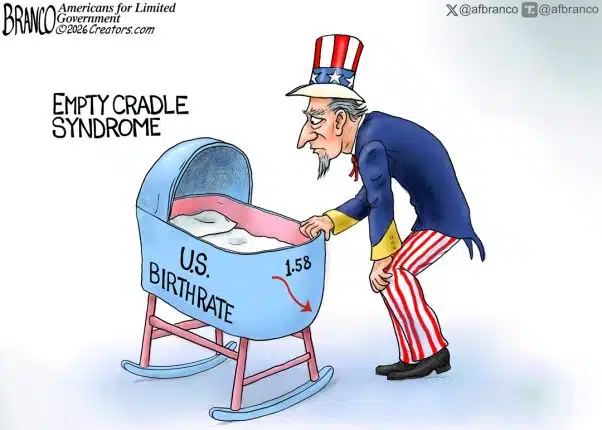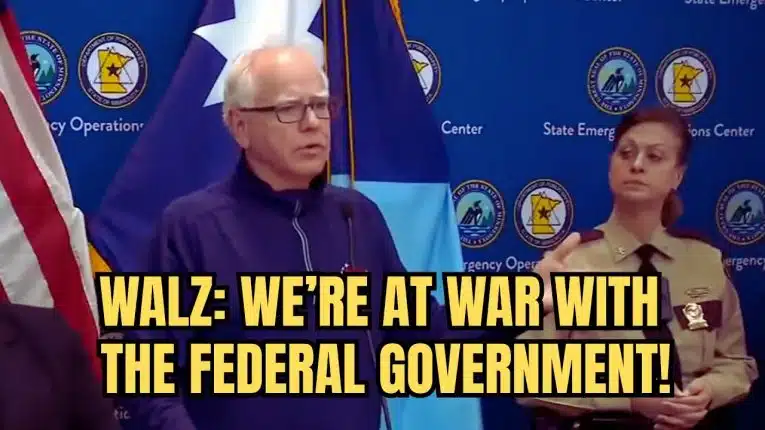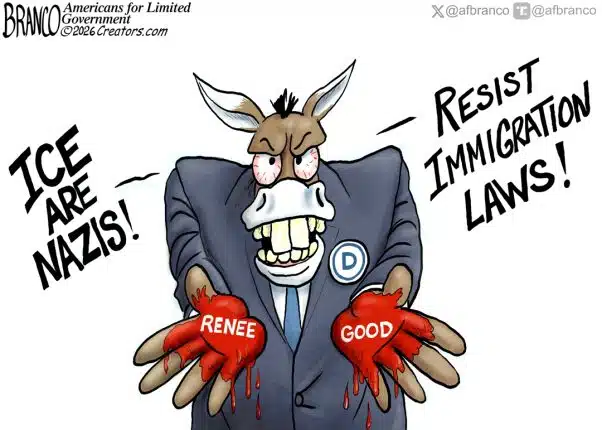I n the wake of the Marathon bombing, a Boston reporter called asking for a response to requests by the Boston Police Department to put cameras on every block of major streets.
n the wake of the Marathon bombing, a Boston reporter called asking for a response to requests by the Boston Police Department to put cameras on every block of major streets.
The immediate gut response was traditionally in America, it is the citizens who keep an eye on the government, not the government keeping an eye on the people.
But is this true anymore in America? One wonders.
One wonders what is the state of individual freedom in America? Thomas Jefferson voiced what was a simple truth in the 18th century, writing in the Declaration of Independence that to secure natural rights, governments were instituted among men but that “whenever any form of government becomes destructive of these ends, it is the right of the people to alter or to abolish it, and to institute new government.”
Jefferson knew that government is the greatest threat to liberty itself, whether it be from a tyrant across the ocean or a home grown body of legislators and political elites.
James Madison, known as the Father of the Constitution, cautioned during a speech at the Virginia convention to ratify the Constitution, “There are more instances of the abridgment of the freedom of the people by gradual and silent encroachments of those in power than by violent and sudden usurpations.”
Our nation’s history is the battle between individual liberty and the constant push for more government power, and after 224 years the relationship between the individual and the federal government has changed dramatically.
But the core concept that the government is a usurper of individual liberty has remained a common thread throughout the span of years. This innate distrust of government has not always prevailed as law after law have been thrust upon the people expanding the size and reach of federal power into every aspect of our lives from the vehicles we drive to the water flow in our toilets.
And over time, an acceptance of government oversight has crept into the populace. Perhaps this is what Jefferson worried about when he wrote, “The people cannot be all, and always, well informed. The part which is wrong will be discontented in proportion to the importance of the facts they misconceive. If they remain quiet under such misconceptions it is a lethargy, the forerunner of death to the public liberty.”
The 224 year creep toward acceptance of governmental control is driven home in the shift of the Obamacare debate over the past few years.
In political circles, the fight has largely gone from resistance against the imposition of a federal health care law to acceptance and a battle over implementation.
One glaring example of this change is the discussion in the state of Tennessee over whether to dramatically expand the Medicaid eligibility standards under the law.
Republican governor Bill Haslam is coming under fire from the left for choosing to not accept the “free money” offered by the federal government under Obamacare to pay for the tens of thousands of new Medicaid enrollees if he accepts the mandate. With the federal government promising to pick up the tab for the first couple of years, and 90 percent of the costs through 2020, the bill is essentially paid from a state budget perspective through Haslam’s prospective time in the Governor’s mansion.
The federal government Medicaid expansion decision sets up as a perfect place for an abject rejection of the growth of government, but rather than a resounding no to the continued expansion of the welfare state, instead Haslam declined the money because he couldn’t agree with the Feds on how the expansion of the government program should be accomplished.
No mention from this Governor of the obvious notion that taking the money goes well beyond the scope of governmental powers. No mention that an expanded welfare system has the pernicious effect of harming the self-sufficiency of the very people it purports to help by creating a dangerous dependency on the government’s ability to transfer wealth from others to provide them unearned benefits.
No soaring rhetoric attacking the notion that the “free money” is anything but free, but instead is money taken through taxes or borrowed to be paid by future generations.
Instead, of a robust debate about the proper role of government, the people of Tennessee are getting what amounts to little more than an interdepartmental battle between mid-level manager’s quibbling over the means of accomplishing a program, not a fight over whether the program should be implemented at all.
Obamacare is just the most widely known example of this wave of government control that is engulfing our nation’s freedoms as the alphabet agencies churn out thousands of pages of regulations on everything from whether a pothole in a field is a wetland to be governed by the EPA to what should be served in school lunch programs.
What is most troubling about Haslam’s rationale for rejecting Obamacare’s Medicaid expansion is that it reveals an acceptance of the premise of the law, while only debating its implementation.
It is not that Governor Haslam is the crack in the ice of resistance to big government, it is instead that his acceptance of the underlying premise of government expansion is just one of thousands of tiny cracks that threaten to give way to a wholesale acceptance of government as benefactor.
In 1788, Jefferson predicted that, “The natural progress of things is for liberty to yield and government to gain ground.”
In 2013, the question is does liberty still exist after more than 200 years of yielding?
When the term freedom has been perverted to mean using the government to compel others to pay for birth control pills, the battle may be lost.
That is why for freedom to ring in the decades to come, liberty can yield no more.
No equivocation, no negotiating details, whether it be cameras and drones to keep an eye on us for our own safety or a direct rejection of government’s moral authority to steal the wealth of some to enslave others through dependence upon its “largesse,” we must reject government’s “helping” hand.
Government must be ripped out of our lives by the roots wherever possible, leaving nothing in place that can spring up in the future.
It is time to stand up for liberty, if it is not already too late.






